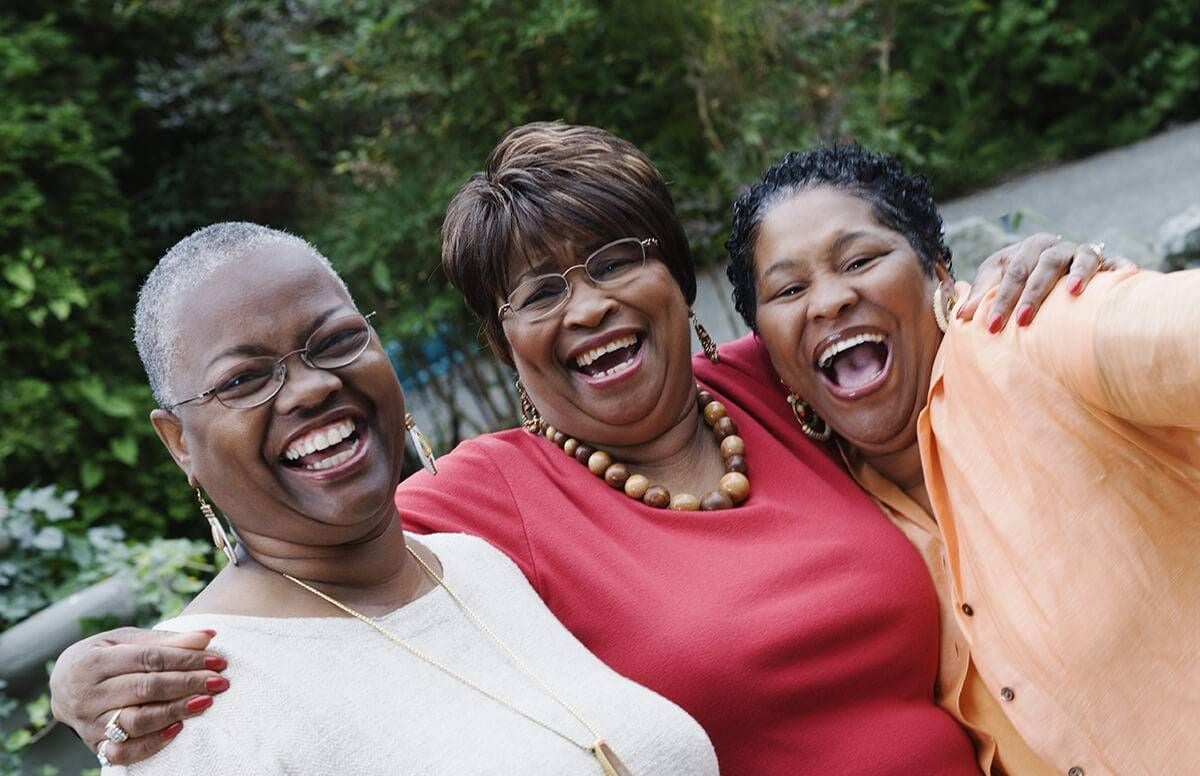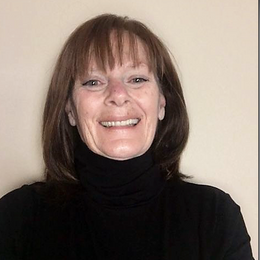Do You Have These Skills to Age Well?
Some strengths help us roll with the punches easier as we grow older
“I’ve walked for almost 80 years, so I guess I’ll ride for a while,” Denver resident Mary Halpin says, regarding her need for an electric wheelchair. “What I’m going through, no longer being able to walk, hasn’t been easy. But the reality is that’s where I am. I’m not finished having adventures in my life, so I have to decide, how do I do this?”

We all know aging can be hard. Or as the legendary Hollywood actress Bette Davis once tried to warn us, “It’s no place for sissies.” But have you ever wondered why some of us seem to roll a little easier with the punches?
Why Some Age Well Better Than Others
A recent study found that the life skills we learned, or didn’t learn, at an early age influence how well we navigate growing older. At University College London, research led by professors Andrew Steptoe and Jane Wardle considered specifically the effects that emotional stability, determination, control, optimism and conscientiousness had on aging and found that the more skills a person has, the more benefits they can bring in later life.
Which appears to explain Halpin’s attitude. But she also draws strength from having strong role models.
“I came from a long line of women who just kept going,” Halpin says. “My grandmother lived into her 90s and kept gardening and listening to baseball games on the radio. My mother still worked at 90, but she changed when faced with some physical issues. She seemed to allow it to stop her and that really made an impression. I think I got it in my mind that I wasn’t going to let that happen to me.”
Honing Our Resilience
There’s no doubt that aging can ask a lot — especially when we lose family and friends or develop physical and cognitive limitations. But according to Dr. Steven Southwick, professor of psychiatry at the Yale School of Medicine and deputy director of the National Center for PTSD, resilience is key.
“When we’re faced with what aging can bring, even though we may feel threatened, if we believe we’re capable and have the resources to deal with it, we can interpret that threat as a challenge instead,” he says.
Southwick agreed with his own mother, who warned him that aging wasn’t for the faint of heart. But he says getting training for the skills we need is essential to successful aging. He offers these four suggestions for building up our resilience and aging well:
- Be socially connected. As we get older, loneliness and isolation can be the result. We know now that the effects of those on our health can be as big as cigarette smoking, obesity or hypertension.
- Have a purpose. People with a mission tend to be much stronger and more resilient. And our occupation or status in life doesn’t matter. People who do the best with what they have are more resilient.
- Exercise. It increases resilience both physically and emotionally, and the better cardio shape you’re in, the better you can modulate your stress response.
- Practice mindfulness and meditation. Learning how to calm ourselves is a big part of resilience, and living in the moment decreases stress because we’re not anticipating trouble.
Can We Learn New Skills as We Age?
Along with all those life skills, what about the insight we’ve gained and the lessons we’ve learned? Isn’t one of the perks of aging that we get wiser and not just older every year?
Not necessarily, says Dr. Dilip Jeste, professor of psychiatry and neurosciences and director of the Stein Institute for Research on Aging at the University of California, San Diego.
“One of the most important skills we can have at any age is wisdom, but it’s not automatic. It’s how we use our experiences in appropriate ways that comes with aging,” he says. “That’s how we become wise.”
Wisdom is a complex trait comprised of several components, Jeste says. Those include having control of our emotions, being self-reflective, expressing positive social behavior towards others, the ability to accept uncertainty and having the capacity to make good decisions.
But if we’re lacking in our skills by the time we reach this stage in life, is it too late to learn?
The good news is that we can always change our behavior, according to Jeste, who says studies have found 25 to 35 percent of a trait is inherited, meaning that 65 to 75 percent of it is not.
The bad news? It doesn’t mean we’ll necessarily become better. “We can also go in the wrong direction, like becoming more rigid as we get older,” he says.
Eat, Sleep, Socialize
But there’s still plenty we can do to increase our chances of aging well. Although genetics play a part, Jeste says so does living a healthy lifestyle, being socially connected, staying active, eating better and becoming more resilient.
He highly recommends taking part in intergenerational activities as well as keeping your brain challenged. But not to the level of stressful. “If you’re someone who’s good at, or enjoys, learning different languages, that could be a great activity,” says Jeste. “But if you’re not, you’re just adding stress to your life.”
Staying Busy, Staying Connected
Halpin seems to have this figured out. She continues volunteering at a weekly community meal for the hungry and mentoring college-age interns at the church she attends. She also goes to exercise classes and practiced with her physical therapist how to board the bus so she wouldn’t lose her independence. She’s still adapting to the wheelchair, but jokes about the bruises she’s suffered learning to back up and take corners.
For this latest setback, she agrees it’s a challenge, but not something she’ll let get in her way. “I think disappointments are actually easier the older I get, because I try to enjoy where I am instead of thinking about what could have been or anticipating what might happen," Halpin says.
And she’s also surrounded by family and friends. Which is good because it seems that aging is one activity better not tried alone. “We really do need each other,” Southwick says.
It looks like it’s going to take all the skills we can gather to navigate the ups and downs of life. So “fasten your seat belts,” as Davis also once famously advised. Because even though the view is amazing, the road to growing older could get a little bumpy.


